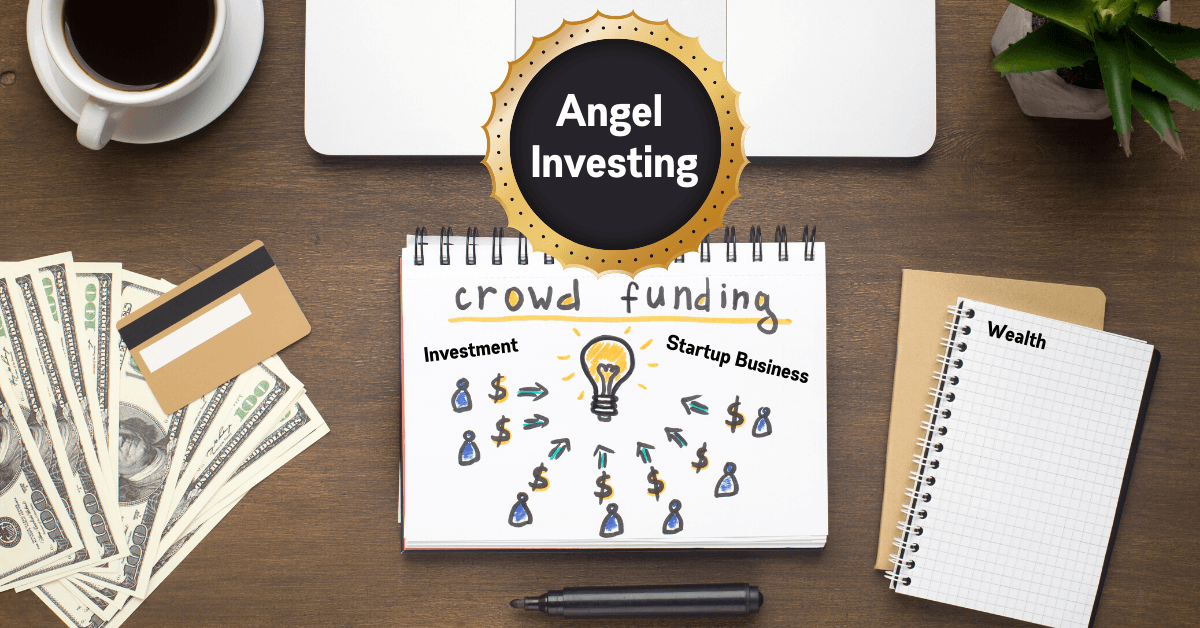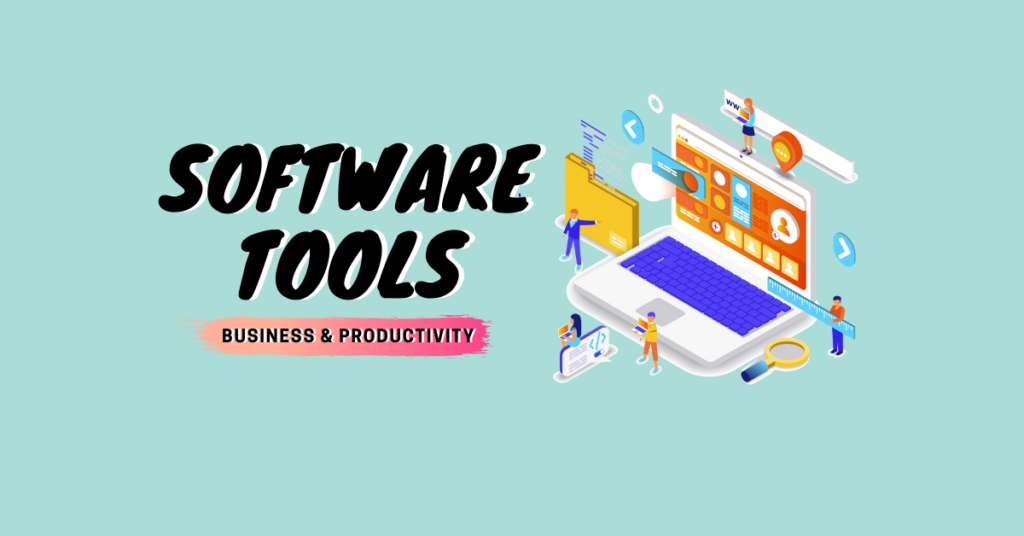What is Angel Investing?
An angel investor is an individual who provides capital for a business start-up, usually in exchange for convertible debt or ownership equity. Angel investors usually give support to start-ups at the initial moments and when most investors are not prepared to back them. – Wikipedia
Common Sources of Angel Investors
Angel investments normally come from one of the following soruces:
- Family and friends: This is the most common source of funding for business startups that are interested in finding business start-up money and is the only option for many. Given the high rate of failure with new businesses, it is also risky in terms of the possible impact on relationships if the business is not successful.
- Wealthy individuals: A great source to seek an angel investor is successful business people such as doctors, lawyers, and others that have a high net worth and are willing to invest up to (typically) $500,000 in return for equity.
- Groups: Angels are increasingly operating as part of an angel syndicate (a group of angel investors), which raises their potential investment level accordingly. Investors contribute funds to the syndicate and a professional syndicate management team chooses the investments.
- Crowdfunding: Crowdfunding is the practice of funding a project or venture by raising small amounts of money from a large number of people, typically via the Internet. Crowdfunding is a form of crowdsourcing and alternative finance. In 2015, over US$34 billion was raised worldwide by crowdfunding. – Wikepedia
Angel Investing Platforms
If you’re interested in Angel Investing, then consider reviewing the following platforms to get started.
- Start Engine: StartEngine enables everyday people to become angel investors and venture capitalists by giving them access to startup investment opportunities.
- WeFunder: In 2018, WeFunder was built to help more founders get off the ground. They wanted to spread more opportunity across America. They report that they have 559,739 investors who funded 378 startups with over $132.5 million.
- Republic is another great platform to crowdfund your startup funding. The website is powered by AngelList so it’s highly reputable. Using Republic gives you access to the general public so you don’t have to rely on angel investors or venture capitalists. Anyone can invest in your startup for as little as $10USD. This makes it accessible to more people wanting to invest.
Angel Investing Dictionary
The following set of words are jargon of Angel Investor’s. If you plan to invest, then you must learn the language.
Acquihire: When a company is acquired specifically to hire its talent (i.e., not for the company or product itself, but to take on its staff)
Accredited investor: Entities allowed to deal in securities that may not be registered with financial authorities (a.k.a. risky investments) because they satisfy one or more requirements regarding income, net worth, asset size, governance status or professional experience
Angel group: A network of angel investors that pools resources to participate in startups’ equity funding rounds; often orchestrated by a Lead Angel who acts as the intermediary between startups and investors
Angel investor: An individual who provides capital for a business startup, usually in the pre-seed or seed stages of funding; either as accredited investors or as members of angel groups or equity crowdfunding services
Asset-based valuation: Derives a valuation by adding the total asset value of items including land, property, and equipment, and then subtracting the liabilities of the company; not a good method for small startups with few hard assets; does not consider future earnings potential
BPS: Basis points, or hundredths of a percent, of a company’s total stock
Bootstrapping: Using whatever resources are available to pull yourself upward. For example: finding a client who is willing to pay for something that you built with sweat equity
Bridge loan: Also known as a swing loan; usually an ask for more money in order to complete a round of funding and “bridge the gap” to hit the next milestone
Broke angels: Advisors who lend their expertise and mentorship in exchange for shares
B2B or B2C: Business to business, or business to consumer; refers to the target market of a company’s product or service
Cap table: “Capitalization table,” or the official list of all the shareholders in the company, how much they paid for their shares, and what class of shares they own
Concierge MVP: A curated experience of the minimum viable product used with a small number of early customers; ensures that the first users have an experience that is as good as you can make it, completely aligned with your vision
Convertible debt: A type of bond that the holder can convert into a specified number of shares of common stock in the issuing company, or cash in equal value
Cost to duplicate approach: An approach to pre-revenue valuation that looks at the expenses the company has incurred to create its product or service; however, does not consider the company’s future potential or intangible assets
CAC: Customer Acquisition Cost, or the amount you spend on average to acquire a new customer
CLV: Customer Lifetime Value, or the total net profit that you earn on average over the course of your relationship with a customer
Decacorn: A business that makes it to $10 billion in revenue
Decade-acorn: A business that makes it to $100 billion in revenue – happens about once per decade
Development stage approach: An approach to pre-revenue valuation that assigns a higher value to companies that are further along in the development process and thus have a clearer path to profitability
Discounted cash flow approach: An approach to pre-revenue valuation that looks at the company’s expected future cash flow; however, is highly subjective and cannot definitively predict a startup’s success; usually used to evaluate established businesses with years of data
Down round: When founders accept an equity investment at a valuation lower than the previously established valuation. The company is worth less now than it was in the previous raise
Dragon: An investment that returns all the capital you have invested
Due diligence: A comprehensive appraisal of a business undertaken by a prospective buyer, especially to establish its assets and liabilities and evaluate its commercial potential
Earnings multiplier models: Approaches to valuation that compare well-established earning metrics of similar companies in a particular industry and assume they apply to your company; however, require startups to know metrics like earnings per share, but they usually don’t yet
Effective valuation: AKA “option pool shuffle;” the effect on pre-money valuation after the creation of a stock option pool from the founder’s equity, prior to any new funding being injected by investors; this chunk of equity is removed from the pre-money valuation
Equity: The ownership of the startup – who owns how much; in the most common sequence, the founders own 100% equity at first, then give up chunks of ownership to investors in exchange for cash, mentorship, connections, or work
Equity funding: When founders of a startup trade a portion of their ownership for cash investment
Exit: The moment when founders and funders get their money; favorable exits include IPOs and acquisitions
Founder dilution: The amount of ownership given up by startup founders, expressed as a percentage – “the founders are willing to accept a 20% dilution in exchange for a $200,000 investment”
GAAP: Generally accepted accounting principles, or a common set of accepted standards and procedures that companies and their accountants must follow when compiling financial statements
Incubator: A company that will give founders $25,000 to $150,000 in seed funding for 5-10 percent holding in the startup
Information rights: An investor’s rights to information including key metrics, board documents, bank statements and financial statements
IFRS: International financial reporting standards, stating how particular types of transactions and other events should be reported in financial statements; non-GAAP (not standard in the U.S.)
Investor dilution: Reduction in the percentage of equity an investor holds as more, larger investors come to the table
IPO: “Initial Public Offering,” or the process of offering shares in a private corporation to the public for the first time; the point at which shareholders can exit some or all of their ownership by selling shares; allows companies to compensate employees through stock compensation
Leveraged buyout: When a company is purchased with a strategic combination of equity and borrowed money; company’s assets or revenue used as “leverage” to pay back borrowed capital
Liquidation: The process of dissolving a company by selling off all its assets
Liquidation preference: An agreement that an investor will receive their investment back in full if the company is liquidated. Often used to get a nervous investor on board, but doesn’t say much for their faith in you, and is a dangerous move for founders
Market approach: An approach to pre-revenue valuation that looks at what similar companies have recently been acquired for; however, the nature of startups often means that there are no comparable companies
Monopoly: When a company is so good at what it does that no other firm can offer a close substitute; with market power, this company can produce at the price/quantity combination that maximizes profit
Moonshot: A project that addresses a huge problem, proposes a radical solution, and/or uses breakthrough technology; a lofty target
MVP: Minimum viable product, or a product with just enough features to satisfy early customers and to provide feedback for future product development
NPS: Net Performance Score, or a metric of the willingness of customers to recommend a product or service to others
The Network Effect: The theory that the value of a network increases with the square of the total number of members or nodes. For example: A network with 11 members is worth 21% more than one with 10 members (112 = 121 / 102 = 100)
Option: The right to buy shares at a lower “strike price,” offered to employees to align their motivations – they do better work once they have a financial stake in the company’s success
Ownership equity: Also known as “simple agreement for future equity (SAFE).” The value of a company minus liabilities; e.g., part ownership of the company’s assets and liabilities alike
Post-money valuation: The value of a startup after the investment round. The investment amount + the pre-money valuation = the post-money valuation
Perfect competition: Markets that achieve equilibrium when producer supply meets consumer demand; every firm sells the same products, so they must all sell at whatever price the market determines. No company makes an economic profit in the long run.
Preferred stock: A class of stock that carries a fixed dividend to be paid out before dividends to common stocks are paid out
Pre-money valuation: The value placed on a startup before an investment round. The pre-money valuation is a key point of negotiation between founders and equity investors
Pre-seed funding: The earliest stage of funding a new company as it is first getting operations started; funders usually include the founders themselves, close friends, supporters and family members
Pro forma: A non-GAAP method by which firms calculate financial results using certain projections or presumptions; e.g., the projected status of a company based on current financial statements
Pro rata: A tactic in which an investor continues to contribute in subsequent funding rounds in order to avoid share dilution as more funders join the game
“Putting bad money before good”: Funding a struggling startup or founder past the point when you should have given up, usually due to loyalty or ego
Raise: A round of investing; e.g., Series B is a raise
ROI: Return on investment
ROS: Return on sales; before tax earnings as a percentage of revenue
Runway: How far ahead a business can proceed with the amount of money allocated by the funding round
Secondary public offering: When a company offers up new stock for sale to the public after an IPO; often occurs when founders want to step down or reduce their role in the company
Seed funding: The first official equity funding stage, which finances a company’s first steps into market research, product development, etc.; funders usually include founders, friends, family, incubators, angel investors, and (sometimes) venture capital companies; average range $10,000 to $2 million
Series A funding: Occurs once a company has developed a track record with an established user base and consistent revenue figures; funders usually include angel investors and VCs; average range $2 million to $15 million; less than half of seed funded companies make it to this stage
Series B funding: A round of funding focused on taking the business to the next level; companies at this stage normally have a valuation of $30 million to $60 million; followed by additional rounds as needed (C, D, E, etc.)
Side letter: An agreement between a company and the investor in addition to the standard deal terms
SaaS: Software as a service; product is hosted remotely (cloud)
Startup: A young company that is just beginning to develop, usually small and initially financed or operated by a handful of founders or one individual
Sweat equity: The creation of company ownership in the form of working on it for free
Syndicate: An angel investing group that allows many more people to invest smaller amounts, some as small as $1,000, headed up by a syndicate lead who will reap 20% of the total ROI
Term sheet: A non-binding agreement that outlines the major aspects of an investment to be made in a company; sets the groundwork for building out detailed legal documents
T.A.M.: Total Addressable Market, a reference to the revenue opportunity available for a product or service; e.g., the underlying revenue potential
Unicorn: A business that makes it to $1 billion in revenue
Venture Capital Firm: A group of investors who gain income from wealthy people who want to grow their wealth by using their money to invest in riskier businesses than a traditional bank is willing to take on, often in the later rounds of startup funding and for millions of dollars
Vesting: When an employee of a company is granted rights to stock options provided by the employer; these rights gain value (vest) over time until they reach their full value, giving employees an incentive to perform well and stay with the company longer









